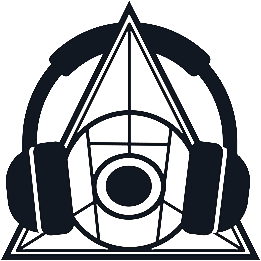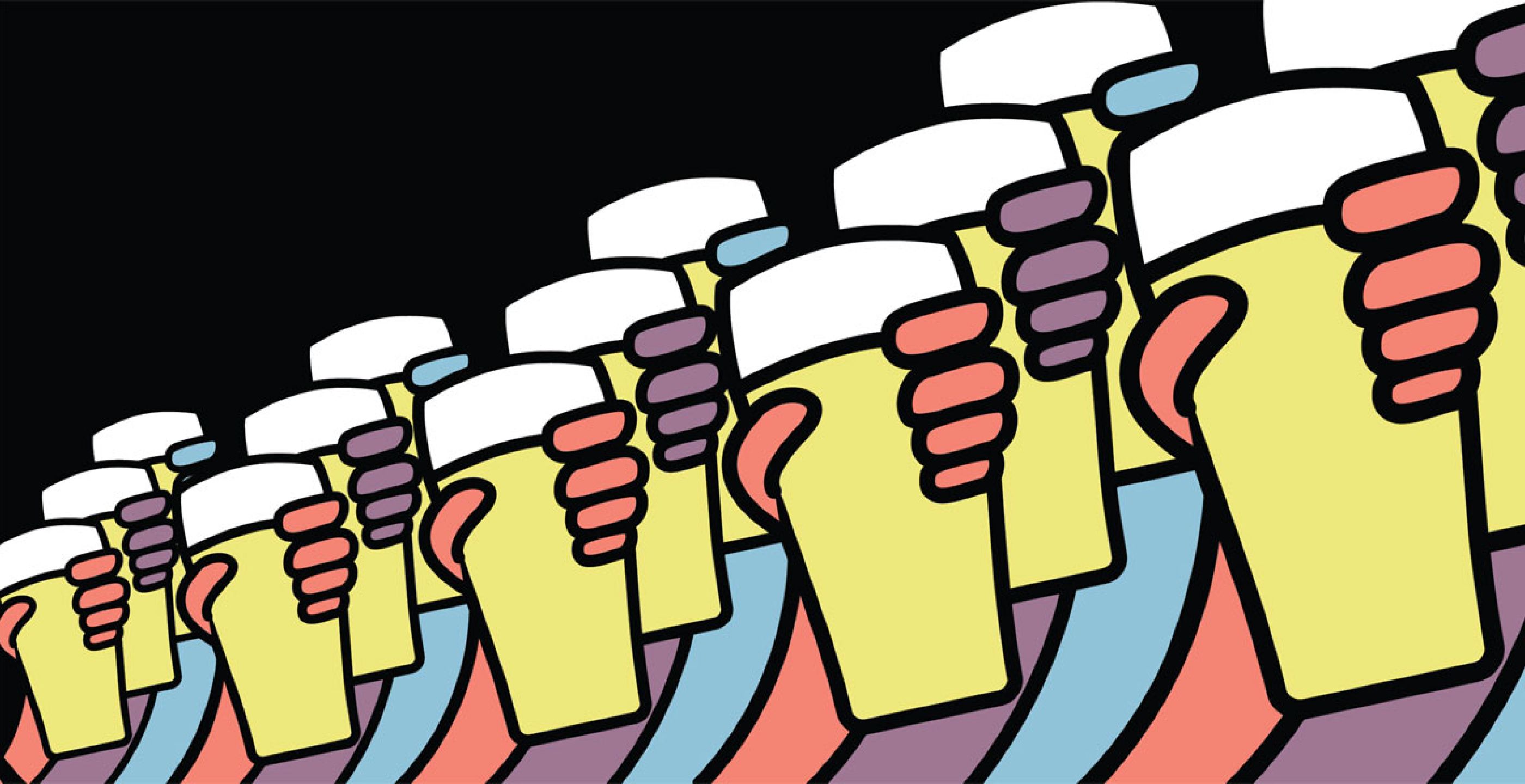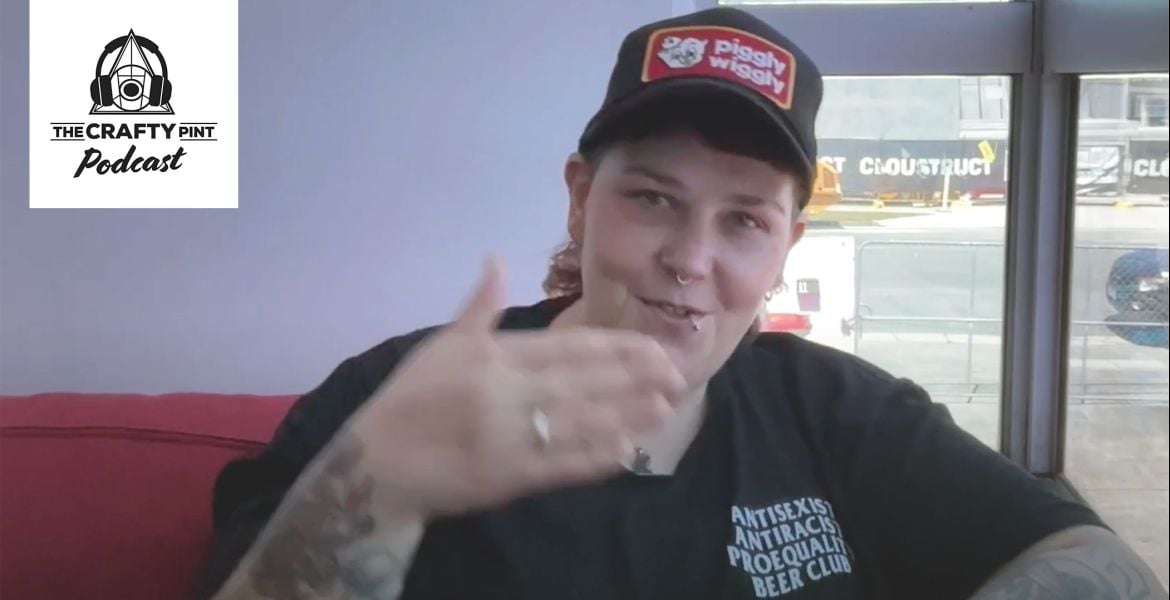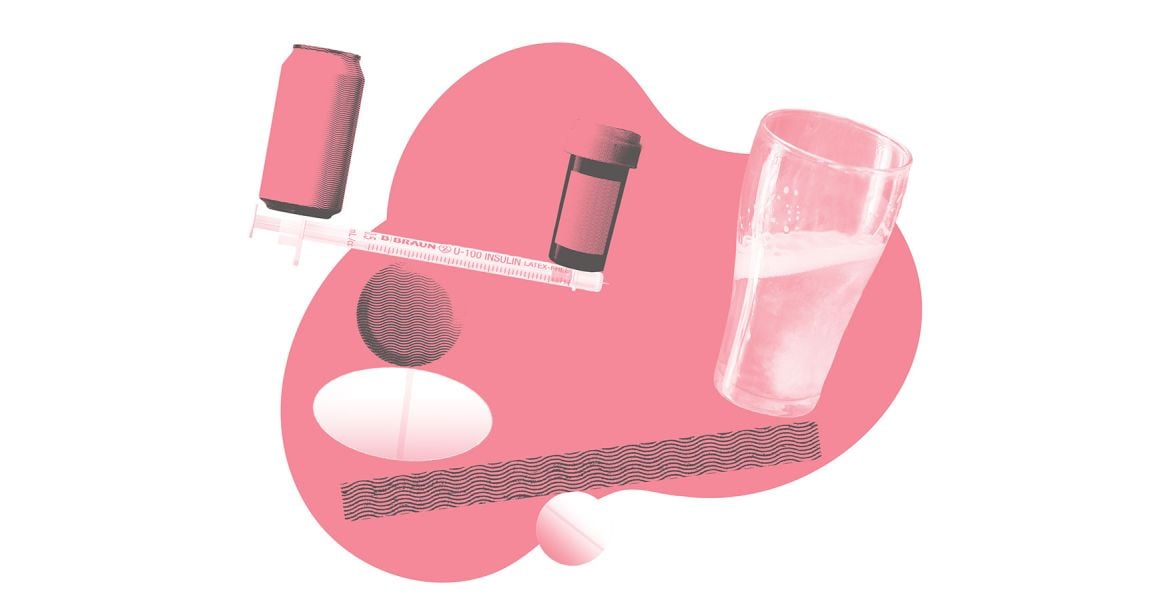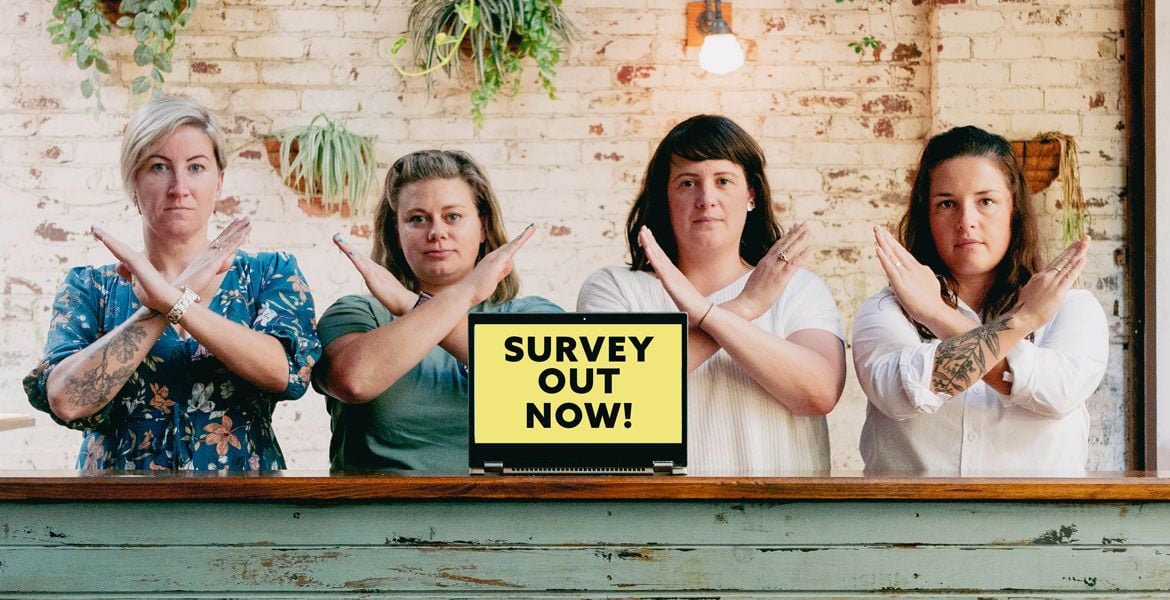A code of conduct, a nationwide awareness campaign and survey, and a pledge individuals and business owners in the beer community can make are among the developments taking shape in the wake of articles and allegations concerning sexual assault, abuse and harassment in the beer world, both locally and globally.
On the opening weekend of Good Beer Week in May, Brienne Allan’s @ratmagnet Instagram account became a lightning rod for people reporting incidents in the craft beer industry Stateside, sparking a wave of sackings and resignations. In Australia, The Crafty Pint’s Her Story and Our Story articles documented one female’s rape at the hand of a brewer and looked at the wider issues raised – and how they can be dealt with – in the beer and hospitality industries.
The conversations that arose led to the formation of Beer Agents For Change, founded by four females with more than five decades combined experience in a range of roles in the beer industry, which has been exploring opportunities to use this moment to create positive lasting change.
They’ve been working closely with the Independent Brewers Association’s (IBA) People Project, which in turn has been looking at what frameworks are already in place and what needs to be updated or created anew to support individuals and businesses who find themselves dealing with anything from allegations of inappropriate language to abuse and assault.
As things stand, the IBA’s focus is trained on the brewing industry with the Beer Agents For Change looking at how they can support those in the retail and hospitality sectors, as well as consumers attending venues or events. The latter group is also issuing a survey to assess the extent of the challenge and understand where the greatest priorities lie, as well as creating a video to raise awareness.
Between them, they’re looking to create a code of conduct to which businesses and organisations within the wider beer community can sign up. In the case of the IBA, People Project head Richard Adamson, of Young Henrys, says: “A draft of the Code of Conduct has been reviewed by the IBA’s legal counsel and will be circulated to members shortly.
“Members will have a chance to review the Code, and resign from the association if they feel they can’t meet it.
“Having said that, we’re not asking anyone to do anything they shouldn't already be doing: complying with the law and showing respect for all groups.”
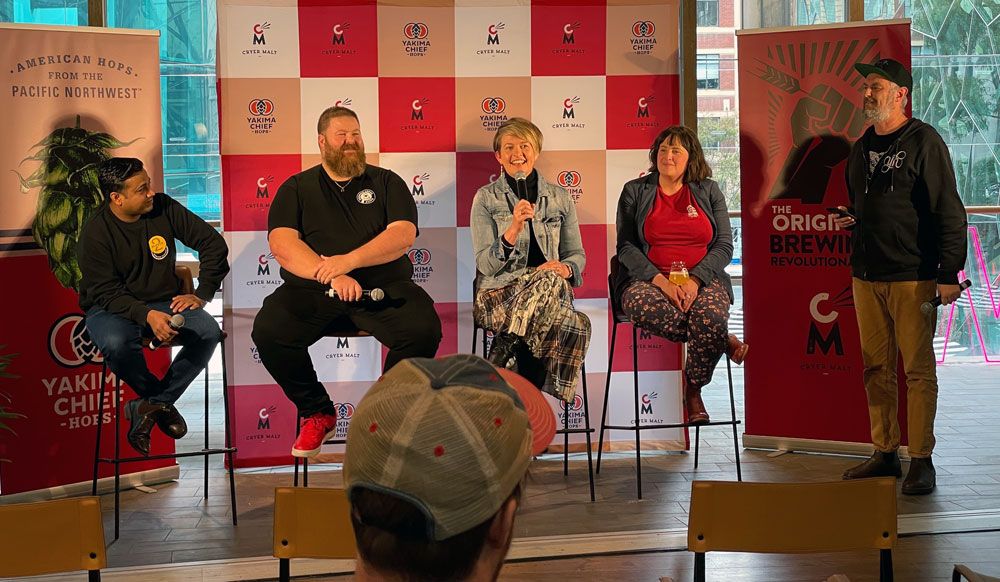
The foursome behind Beer Agents For Change, who have chosen to remain anonymous at this stage, told The Crafty Pint they’re still working out exactly what they need to offer as a body, describing themselves as “a mouthpiece, rather than an earpiece.”
Following an initial outreach via social media, they set out four pillars: creating a united industry front; developing internal training and guidelines; exploring a third party reporting solution; and a commitment to inclusivity.
“We are looking to create the opportunity for people to have a voice and be heard,” says one founding member. “There’s an industry code of conduct, but if we’re attempting to look at the whole of craft beer, there’s an expectation for how you behave in that space – there’s consequences if you don’t comply.
“We want breweries and venues to have a code of conduct and say they stand by that: an agreed level of behaviour as to what’s acceptable and not acceptable.”
It’s outside of businesses and workplaces where they see the greater challenge. While there are bodies such as the Fair Work Commission, not to mention individual business’ internal HR policies, that can guide and support people and owners through incidents, what happens if there’s an incident between patrons at a venue or attendees at a festival?
What can be put in place so potential victims know where to turn, staff know how to help them, and perpetrators know the consequences they face if they step out of line? And, beyond that, what can be done to ensure the beer world is a safe, welcoming place where such incidents are no longer tolerated, and people of all backgrounds feel comfortable?
“We need to give people some tips to respond and to men to respond,” says one of the Beer Agents. “How do we help people deal with an ongoing situation?”
As one the early steps they’re taking to raise awareness, they have devised a pledge which is being publicised via a video featuring people from a cross-section of the beer and hospitality worlds. They also plan to issue posters for venue operators to display so patrons know the standards expected of them and today are launching a survey that aims to "quantify and qualify the issues that exist" by collecting data from those working in every aspect of craft beer – from brewery owners to brewers, accountants, sales reps and bartenders. The data from this survey will be consolidated and shared, with a view to continue on an annual basis and track improvement.
Looking ahead, Richard describes it as “a complicated process”, one in which the IBA has started by looking at its constitution before considering what might need to be altered, updated or introduced.
“We know that we can create bylaws that members must follow,” he says. “And we do have the power to censure or suspend members under the constitution."
“We’ve had a good look at the [US] Brewers Association's code of conduct, and they have been in touch with us to assist us. But the Australian legal framework is very different to the American framework.
“Australian defamation laws are different to the rest of the western world so we have to be very cautious. We are also cognisant that, as an association, our staff aren’t set up to handle this stuff, and there’s potential for conflict of interest with a volunteer-run board.”
On the other hand, he says: “There are laws around harassment and bullying in the workplace, and the Fair Work Commission is there for people to make claims outside the workplace, and we encourage people if they have issues to make themselves availed of those resources.”
Richard says they’ve been examining where else they can look to help members, including in the area of beer marketing, which may form part of any code of conduct, requiring members to treat all individuals and groups respectfully on top of their legal requirements and ABAC guidlines. IBA sponsors have offered to assist in the development and dissemination of any policies or guidelines, which could also be featured as topics at future Mash Up events.
“We don’t want it just to be a stick,” he says. “We want to give members a way to put policies in place if they don’t have them already."
“Where Beer Agents For Change and IBA find real common ground is [it’s] at the interface of craft beer with punters and fans that we need to really start addressing and have some code of conduct in place. We’re really keen to see that become part of putting on events: this is the expected behaviour, and these are the expectations, then have ways for people to raise issues if they feel uncomfortable.”
Several weeks on from the issue coming to a head in the beer world, the Beer Agents For Change expressed surprise more beer businesses haven’t publicly spoken out or in other ways responded to the Her Story and Our Story articles, but, says one: “Breweries might worry they’ll be seen to be taking a step only because of what’s happening now.
“The more we talk about it the more it enables them to speak out.”
After all, as one of her fellow Agents puts it: “Beer shouldn’t just be for tough-skinned women, or women who are pretending to be.”
You can contact the Beer Agents For Change via email – beeragentsforchange@gmail.com.au – or Instagram – @beeragentsforchange. Their survey is available here.
PLEASE NOTE: Any offensive or abusive comments, or naming of alleged perpetrators or victims of sexual assault on this website or any of The Crafty Pint's social media accounts, will not be tolerated. If any instances arise, they will be removed and, where appropriate, reported.
RESOURCES:
- If you or someone you know is impacted by sexual assault, family or domestic violence, call 1800 RESPECT (188 737 732), the national sexual assault, domestic family violence counselling service. You can visit the RESPECT website here. The organisation recommends using their website in private browsing mode.
- You can also call the Sexual Assault Crisis Line on 1800 806 292.
- A list of state- and territory-based support organisations can be found on the Australian Human Rights Commission website here.
- Any men reading this series of articles who would like support or more information can call the No To Violence Men's Referral Service on 1300 766 491.
- There are also valuable resources available via The Men's Project from Jesuit Social Services.
- You can find information on workplace sexual harassment on the Safe Work Australia website.
- Plus a wealth of information in the Respect@Work report.
- The MATE project, run by Griffith University, focuses on the bystander approach – what we can all do to prevent violence in our homes, workplaces, schools and communities.


